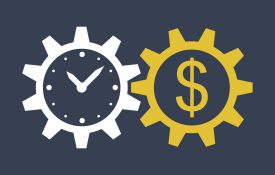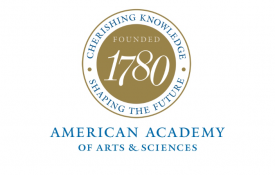-
Why Government ‘Nudges’ Motivate Good Citizen Behavior
Working Knowledge: Most governments aren’t subtle when they want citizens to do something. The United States spends close to $1 billion annually on advertising–trying to convince citizens to do everything from taking flu prevention shots to Visit Page
-

Behavioral ‘Nudges’ Offer a Cost-Effective Policy Tool
A study examining the cost-effectiveness of nudges and typical policy interventions shows that nudges often yield high returns at a low cost. Visit Page
-

American Academy of Arts & Sciences Elects 9 Psychological Scientists as Fellows
The American Academy of Arts & Sciences has elected APS Treasurer Roberta L. Klatzky, APS James McKeen Cattell Fellow J. Frank Yates, APS Fellow Mary C. “Molly” Potter, and several other psychological scientists as fellows Visit Page
-

APS Among Partners in March for Science
Thousands of people, many wearing knitted “brain” caps, braved persistent rain on April 22 to participate in the flagship March for Science, held on the National Mall in Washington, DC. APS was one of many scientific organizations Visit Page
-
The Friendship That Created Behavioral Economics
The Atlantic: The term “the economic man,” or homo economicus, is attributed to John Stuart Mill. It represents one way economists have studied people for decades—as rational, self-interested actors whose behaviors and actions can be Visit Page
-
In Today’s Supreme Court Case, Freedom Of Speech Meets Your Wallet
FiveThirtyEight: Every time we buy something with our credit cards, whether at a high-end restaurant or a local bodega, merchants pay a percentage of the transaction to companies like Visa and MasterCard. These “swipe fees” Visit Page

